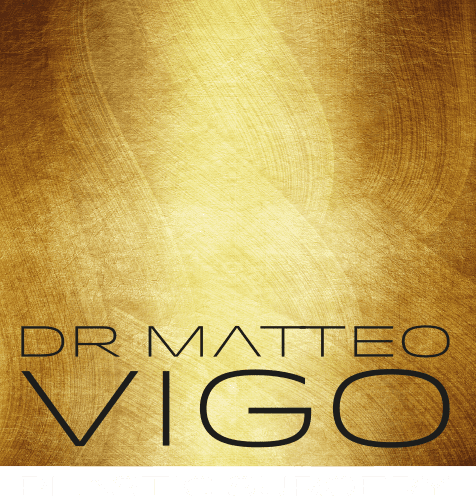Archives
- July 2025
- June 2025
- May 2025
- April 2025
- March 2025
- February 2025
- January 2025
- December 2024
- November 2024
- October 2024
- September 2024
- August 2024
- July 2024
- June 2024
- May 2024
- April 2024
- March 2024
- February 2024
- January 2024
- December 2023
- November 2023
- October 2023
- September 2023
- August 2023
- July 2023
- June 2023
- May 2023
- April 2023
- March 2023
- February 2023
- January 2023
- December 2022
- November 2022
- October 2022
- September 2022
- August 2022
- July 2022
- June 2022
- May 2022
- April 2022
- March 2022
- February 2022
- January 2022
- December 2021
- November 2021
- October 2021
- September 2021
- August 2021
- July 2021
- June 2021
- May 2021
- April 2021
- March 2021
- February 2021
- January 2021
- December 2020
- November 2020
- October 2020
- September 2020
- August 2020
- July 2020
- June 2020
- May 2020
- April 2020
- March 2020
- February 2020
- January 2020
- December 2019
- November 2019
- October 2019
- September 2019
- August 2019
- July 2019
- June 2019
- May 2019
- April 2019
- March 2019
- February 2019
- January 2019
- December 2018
- November 2018
- October 2018
- September 2018
- August 2018
- July 2018
- June 2018
- April 2018
- March 2018
How often should you get Botox injections?
Botox Dubai | 3 March 2020
You’re probably wondering how long Botox lasts. Most people see effects for three to four months, but several factors may shorten or lengthen that period:
Your age. Older people with less muscle tone may see results diminish sooner than those with younger, firmer facial muscles.
Your facial structure and expressions.
Whether you smoke.
Your diet.
Whether you take good care of your skin; use facials, microdermabrasion or other resurfacing methods.
How much sun you get and how much sun damage your skin already has.
Whether you use Botox repeatedly or not. However, this seems to differ from one person to another. Some obtain a longer-lasting effect with repeated use, while others seem to develop a resistance to the drug and need more frequent treatments.
Doctors disagree on which of the above factors are the most important so it’s a good question to ask your practitioner. In any case, it is not recommended to have injections in the same injection site (such as for crow’s feet) more frequently than every three months.
As with the injection of any medication, your body’s immune system can develop antibodies to the medication, which render the drug less effective or possibly cause development of an allergy to the drug. The more frequently the drug is injected or the more quantity that is injected, the higher the risk for these antibodies to be formed against the drug.
Are you a good candidate for Botox?
Botox Dubai | 1 March 2020
In the United States, the FDA has approved Botox for people aged 18 to 65. But you shouldn’t use it if you:
Are allergic to any ingredients in Botox or Botox Cosmetic
Are allergic to another botulinum toxin brand (such as Myobloc, Xeomin or Dysport) or had any side effect from these products in the past
Have a skin infection or other condition in the injection area
Have ALS (Lou Gehrig’s disease), myasthenia gravis, Lambert-Eaton syndrome or another disease that affects your muscles or nerves
Have breathing problems, such as asthma
Have difficulty swallowing
Have bleeding issues
Plan to undergo surgery
Have had facial surgery
Have weakness in your forehead muscles
Have drooping eyelids
Botox is not expected to travel far enough through the body to affect a fetus or breastfeeding infant. However, for ethical reasons, clinical studies have not been done on expectant or new mothers, so nobody knows for sure. Therefore, the manufacturer (Allergan) advises that you should not have Botox injections if you are planning or trying to conceive a child, are pregnant, are planning to breastfeed or are currently breastfeeding. It’s better to be safe, and you can always have Botox later on.
